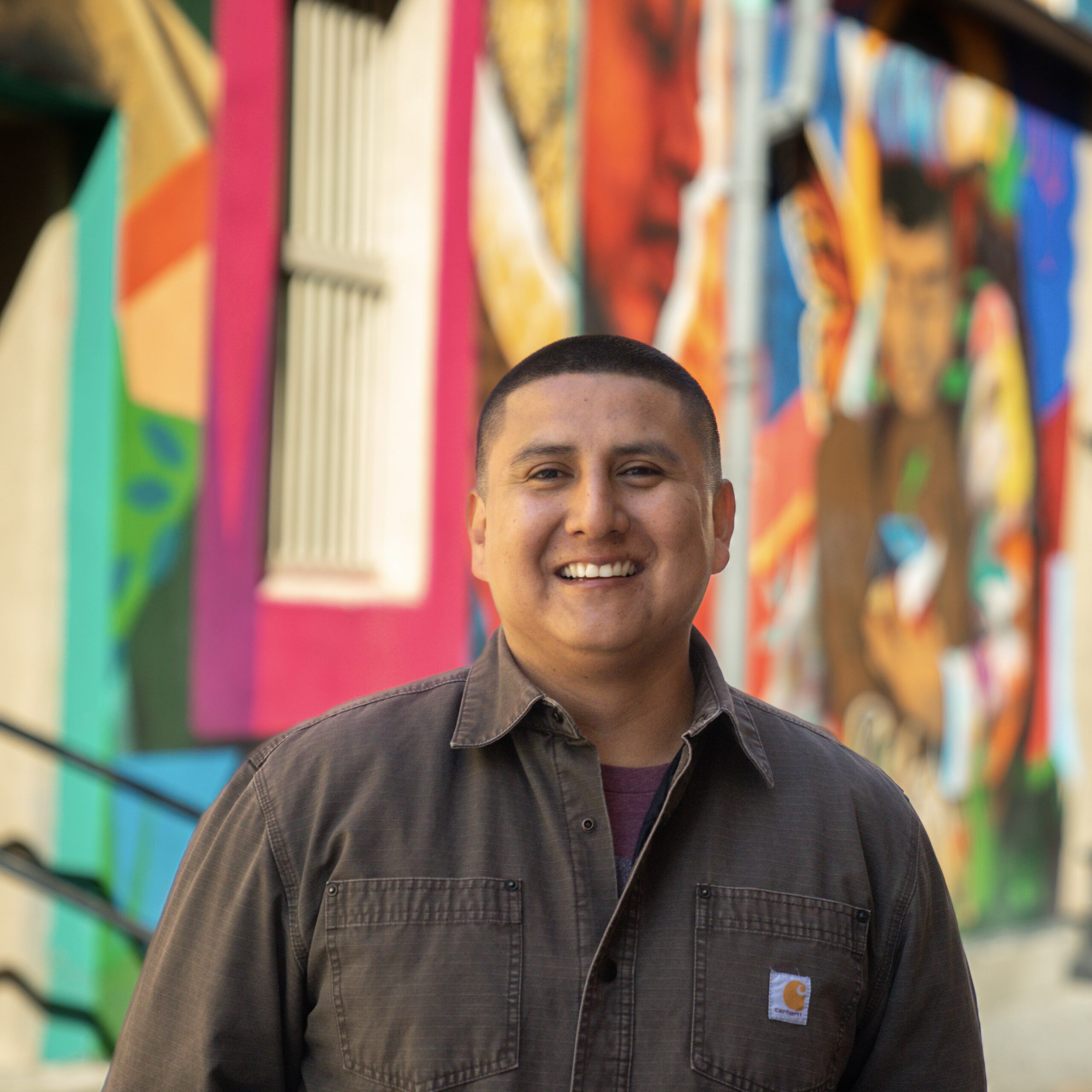James Calabaza

James is Director of the Indigenous Lands Program at Trees, Water & People. He engages and works with Tribal Nations on efforts centered around Tribal-led stewardship projects that bolster economic opportunities and landscape-scale restoration efforts. James provides insight on best practices to work with Tribal governments that uphold traditional ethics of governance and leadership. His deep rooted experiences strengthens TWP’s approach in building honest, working relationships while promoting cross-cultural values of landscape conservation.
Plenary Speaker
Relying on Traditional Knowledge Systems in Turbulent Times
Accepting and navigating through challenges and obstacles are natural components of learning and adaptation for human beings. This presentation will highlight a local, place-based approach on how to navigate changes to a system impacted by political and environmental impacts. We will dig into approaches and methods of how to remain resilient during times of uncertainty and stay focused on the nature of active stewardship. This presentation will also highlight how Traditional Knowledge systems can teach us to remain focused on the grander picture of our work.